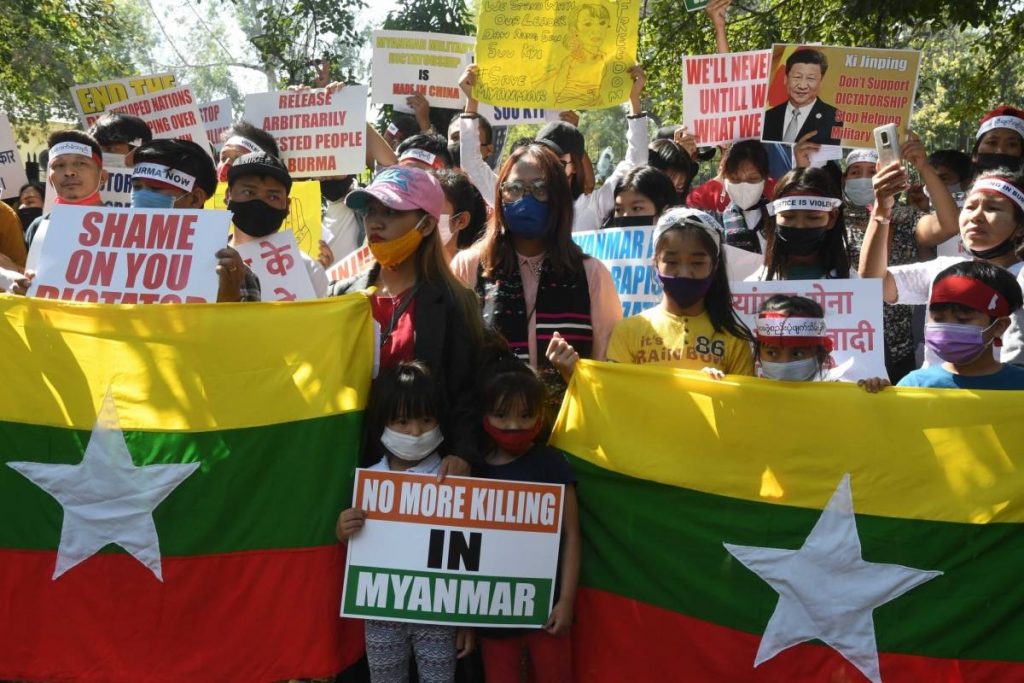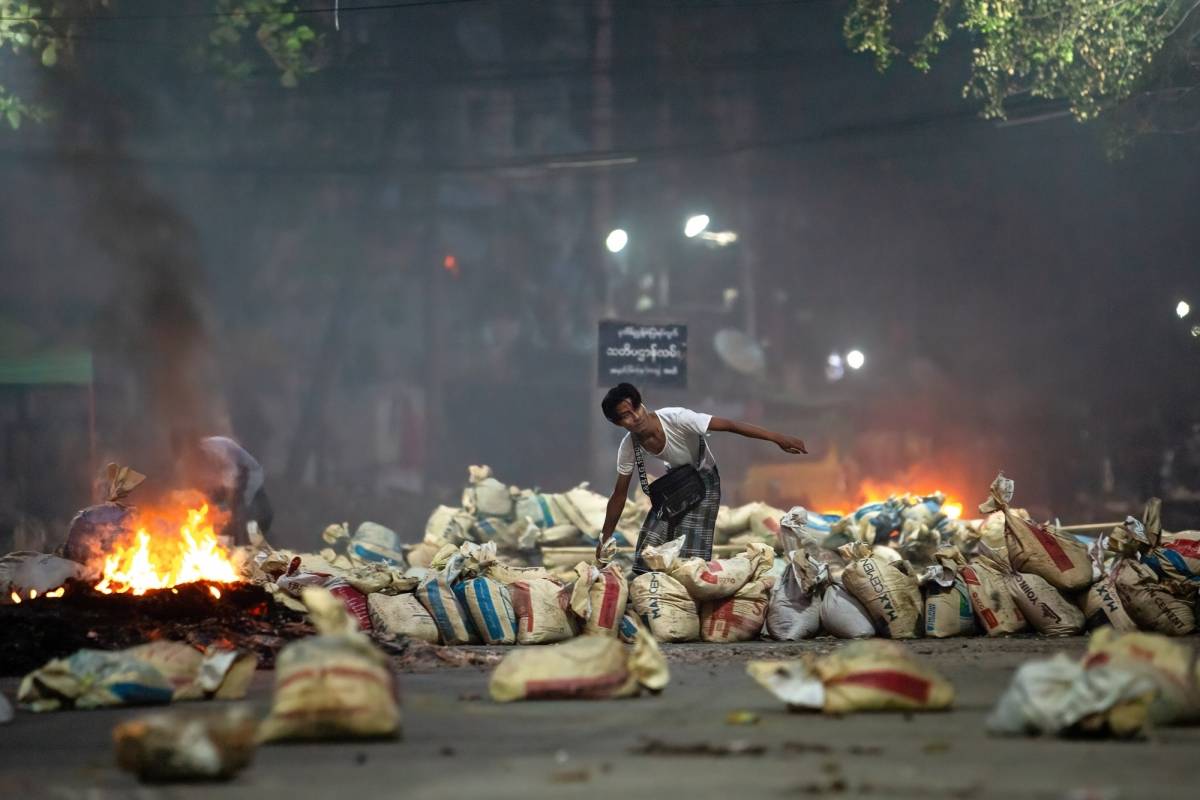The Myanmar military has mounted a coup a February mounted a coup that toppled elected leader Aung San Suu Kyi, triggering a cascade of high-voltage protests..reports Atul Aneja
Alarm bells are ringing loud and clear in China after Myanmar protesters have attacked a monitoring station of a strategic pipeline that ferries oil to Chinas Yunnan province.
The Irrawaddy newspaper’s website is reporting that security personnel guarding the pipeline’s off-take station in Mandalay were killed. The sword and machete attack on the policemen was “undoubtedly part of Myanmar’s growing popular armed resistance against the regime,” the daily reported.
The Myanmar military has mounted a coup a February mounted a coup that toppled elected leader Aung San Suu Kyi, triggering a cascade of high-voltage protests.
Though the pipeline has not been damaged, the bold strike, nevertheless, has jolted Beijing. And there are reasons why China should be deeply concerned.

For starters, the pipeline is important for China’s long term energy security. With the US navy essentially controlling the Malacca straits through which a stream of oil and gas tankers pass ferrying energy from the Gulf countries and Africa to feed China’s industrial heartland, the Chinese have been seeking alternate land based supply routes. The twin oil and gas pipeline from Myanmar’s China-run deep water port of Kyaukphyu-a major town in Myanmar’s Rakhine state-to Kunming in China’s Yunnan province. It is a major part of this exercise of seeking alternative energy routes that by-pass the Malacca straits.
The 800-kilometer-long crude oil pipeline ferrets 22 million tons every year, while the natural gas pipeline transports a sizable 12 billion cubic meters of gas annually.
Also read:China explores New Concept Weapons for PLA
Kyaukphyu is among a string of Indian Ocean ports, including Hambantota in Sri Lanka as well as Gwadar in Pakistan that Beijing wants to leverage to by-pass the Malacca trap. Myanmar has so far been resisting China’s other plan of building a railway from Kyaukphyu to Kunming to beef up its geopolitical heft in the region.
Besides, the two pipelines have been included within the ambit of the China Myanmar Economic Corridor (CMEC)-a part of Beijing’s mega-ambitious Belt and Road Initiative (BRI). The BRI is a massive undertaking of building pan-Eurasian transport and energy corridors, which is central to achieving China’s global “rise”.

Unsurprisingly, the Chinese held a meeting with the Myanmar authorities in February where they urged the military to tighten security measures for the pipelines, the Irrawaddy reported.
The Chinese stressed that the project is a crucial node of the BRI. They insisted that “any damage to the pipelines would cause huge losses for both countries.”
According to the Irrawaddy report, the request came amid growing anti-China sentiment in Myanmar, where protesters-angered by Beijing’s blocking of the UN Security Council (UNSC)’s efforts to take action against the coup leaders-have threatened to blow up the pipelines.
(This content is being carried under an arrangement with indianarrative.com)
Also read:Jaishankar skips China convened Security Council meet

Leave a Reply